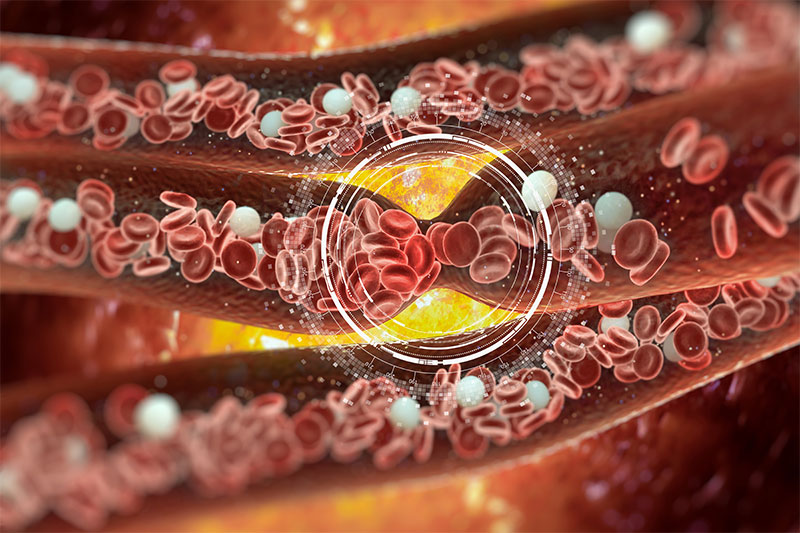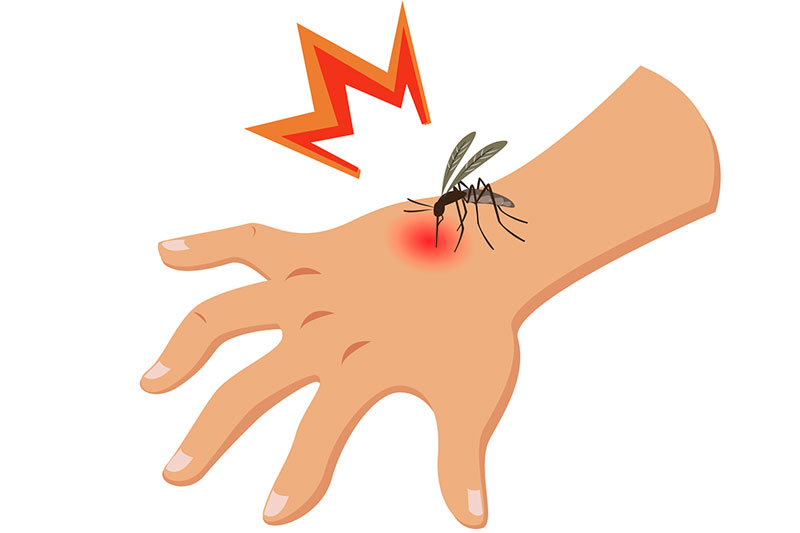Let’s face it––unless you’re someone who is very in touch with your health, chances are you probably don’t know your blood type. It’s very common for people not to know their blood type until that information is relevantly important. However, did you know that knowing your blood type can be one of the best ways to understand your risk for some of the most life-threatening health conditions? According to research, your blood type can help determine whether you’re one of several specific blood groups that are notorious for being at risk of heart disease, dementia, UTIs, and more.

Knowing what your blood type is can help you prevent some nasty health issues down the line. Let’s take a look at eight reasons why everyone should know their blood type (number #8 may surprise you!)
8 – It helps you determine your risk of blood clots

While everyone has some level of risk of developing blood clots––which are potentially life-threatening depending on where they occur in the body––some blood types are naturally at a higher risk of this occurring. Specifically, people with type AB, A, or B blood have a 40 percent higher risk of deep-vein thrombosis, which are blood clots that develop in the lower legs.
7 – It helps you determine your risk of heart disease

Your blood type can also help you in determining whether or not you have a higher risk of heart disease. Specifically, people with the blood types AB, A, or B are at a higher risk of developing heart disease and even typically have shorter life spans than people with O blood type. Of course, other factors such as smoking, diet, and weight have a great impact on your risk of disease as well.
6 – It helps you determine your risk of stomach cancer

Unfortunately, research has suggested that people with blood type A are at a higher risk of developing stomach cancer compared to other blood types. However, some research has also shown that people with blood type AB are also at risk, although not to the same degree as blood type A.
5 – It helps women determine the potential for infertility

According to research, women that have blood type O are twice as likely to have issues with low fertility levels compared to other blood types. This means that blood type O women may have increased difficulties with getting pregnant.
4 – It helps you determine your risk of dementia

According to studies on brain health and blood type, people that have blood type AB have an 82 percent greater risk of cognitive decline in their later years of life. These problems include memory loss, slower cognitive function, and even dementia in unfortunate cases.
3 – It helps you understand your risks with pregnancy

Unlike the other ones on this list, this has nothing to do with your actual letters types, such as AB or O. Instead, this relates to what is known as the Rhesus (Rh) factor, which determines whether your blood type is negative or positive. If the baby’s Rh blood type is different from the mother’s, this could result in complications during pregnancy. For example, the mother’s body can end up building antibodies against the baby’s blood type, which could impact future pregnancies (it doesn’t affect the current pregnancy).
2 – It helps you determine your risk of stroke

If you have a blood type other than O––which is the most common blood type of all––you have a higher risk of cardiovascular concerns, including stroke. While scientists aren’t completely sure why this is, they think it may be because O blood types contain more proteins that result in blood clotting and stroke.
1 – It helps you determine just how much mosquitos may like your blood

If you’re one of the unfortunate people who find that summer means months of mosquito bites, it could be due to your blood type. In a small study, researchers found that people who have blood type O tend to be targeted by mosquitoes almost twice as often compared to those with blood types A, B, and AB.


